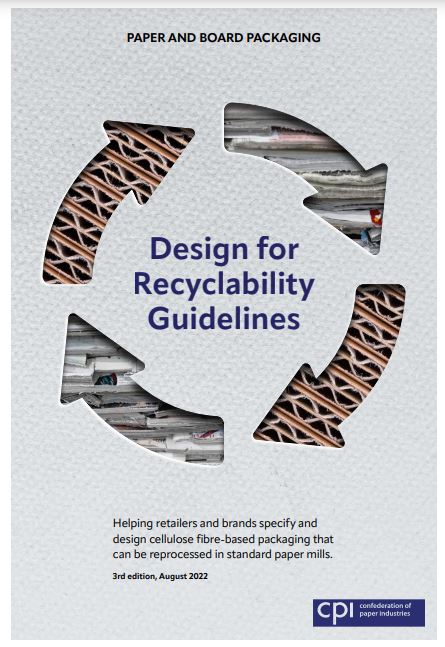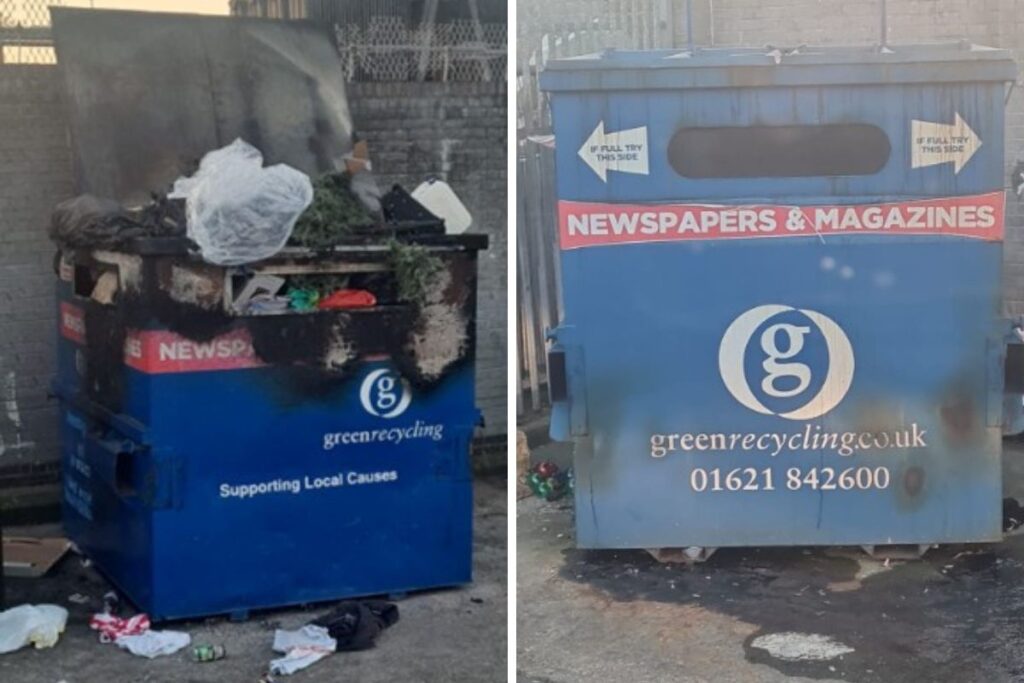And, the CPI has also revealed that it is to launch its own ‘verification of recyclability’ service for paper packaging, to be called Papercycle. This will offer services to the OPRL labelling scheme members.
Plastics
In the design guidelines, the Swindon-based Confederation says that where plastics are necessary, it would be better for them to be of a type that “does not readily degenerate”.

The guidelines aim to prevent contamination at paper mills and to optimise paper recycling at the mills, with less non-fibre materials going into the pulpers which are used to remove contamination.
The CPI says that it is a “particular wish that plastic that has potential to cause environmental harm or damage to recovery systems is designed out.
“For instance, polymers with low shear strength that break down in the pulper into micro-plastics should be avoided, because micro-plastics may pass through mill wastewater cleaning systems and be discharged into water courses or pass into and contaminate the finished product.”
And, the confederation emphasises: “Therefore, the impact on the environment of micro-plastics from any increased use of biodegradable or compostable packaging can be significant.”
Labelling
The CPI references plans to include an assessment of recyclability for packaging under the new extended producer responsibility system – this could also have modulated fees which vary according to the type of packaging used. To help designers with this, CPI will soon be launching Papercycle “which will assess recyclability and deliver verification and certification services for fibre-based packaging”.
Papercycle, explains CPI, is a fully automated tool that determines whether fibre-based packaging formats are recyclable in the UK, and which types of mills can reprocess the packaging. Apart from certification services, Papercycle will also offer recyclability assessments for product development services for any suppliers and designers who want to test a product before its launch.
Guidelines
On the guidelines themselves, which were originally developed in 2019, the CPI explains that they provide design parameters which, it says, “will help deliver recyclable fibre-based packaging for the industry and improved environmental and social impact in the supply chain.”
This is a vital publication in guiding manufacturers around recyclability for the UK market
Dimitra Rappou, director of recycling
Confederation of Paper Industries
The guidelines express the preferred position of the paper industry based on expert opinion, and they are not a definitive expression of the acceptability of packaging formats for recycling, notes the confederation.
Delighted
Dimitra Rappou, director of recycling at CPI, said, “I am delighted to see the publication of the revised CPI Design for Recyclability Guidelines. This is a vital publication in guiding manufacturers around recyclability for the UK market and looking at sustainability and resource efficiency for the future. In the coming months, I look forward to the launch of Papercycle which will support companies determining the recyclability of their products and maximise the availability and quality for paper for recycling.”









Subscribe for free